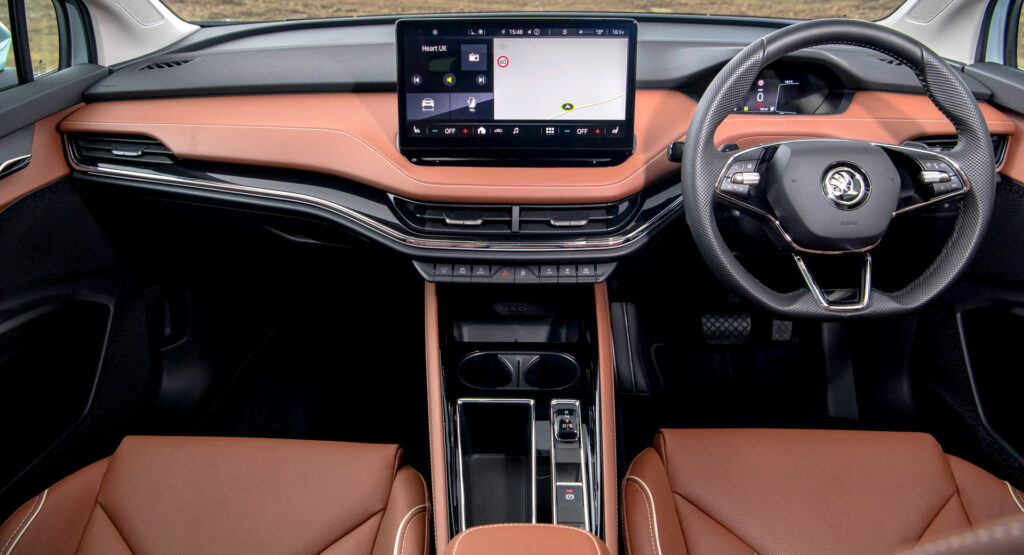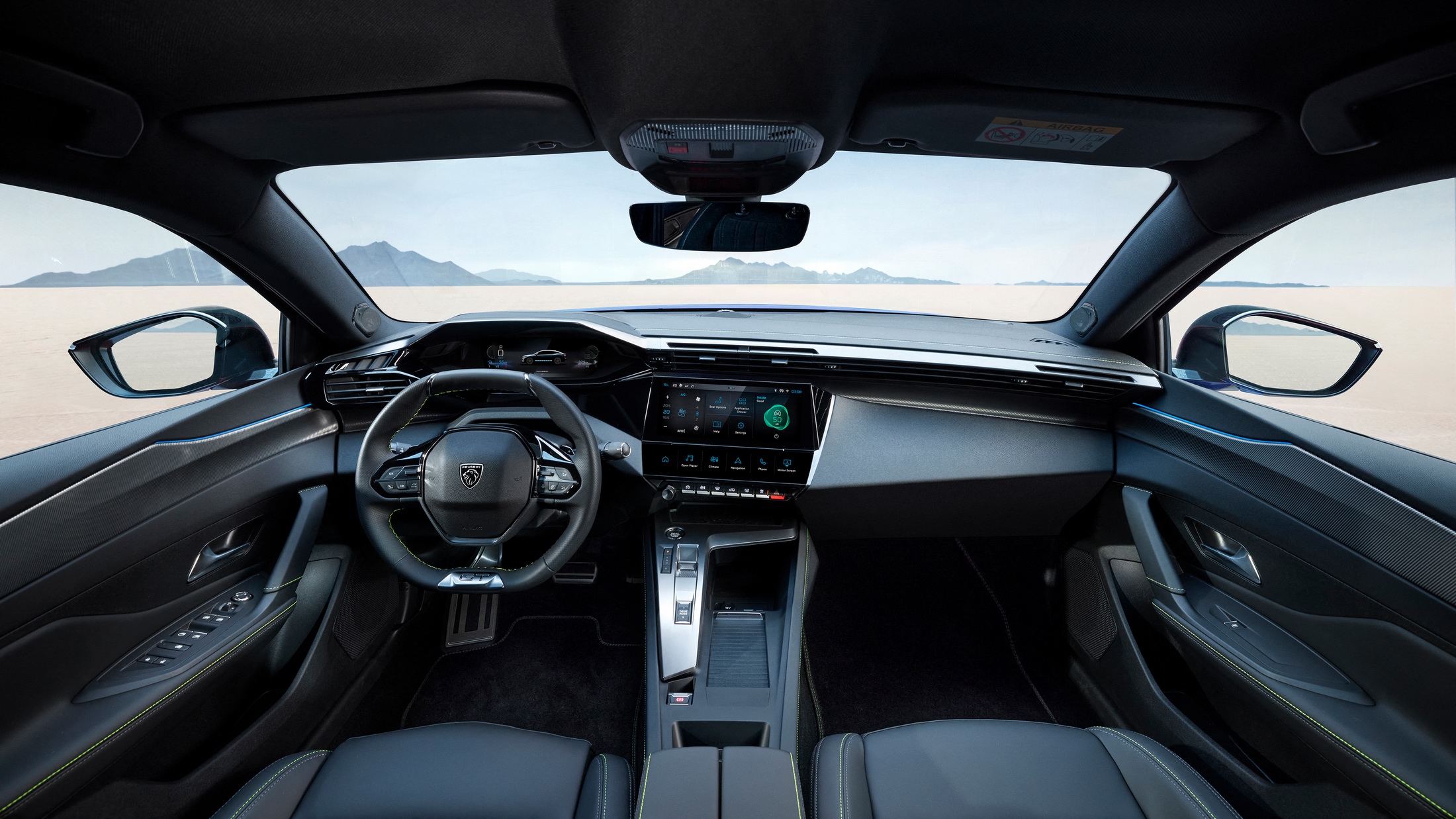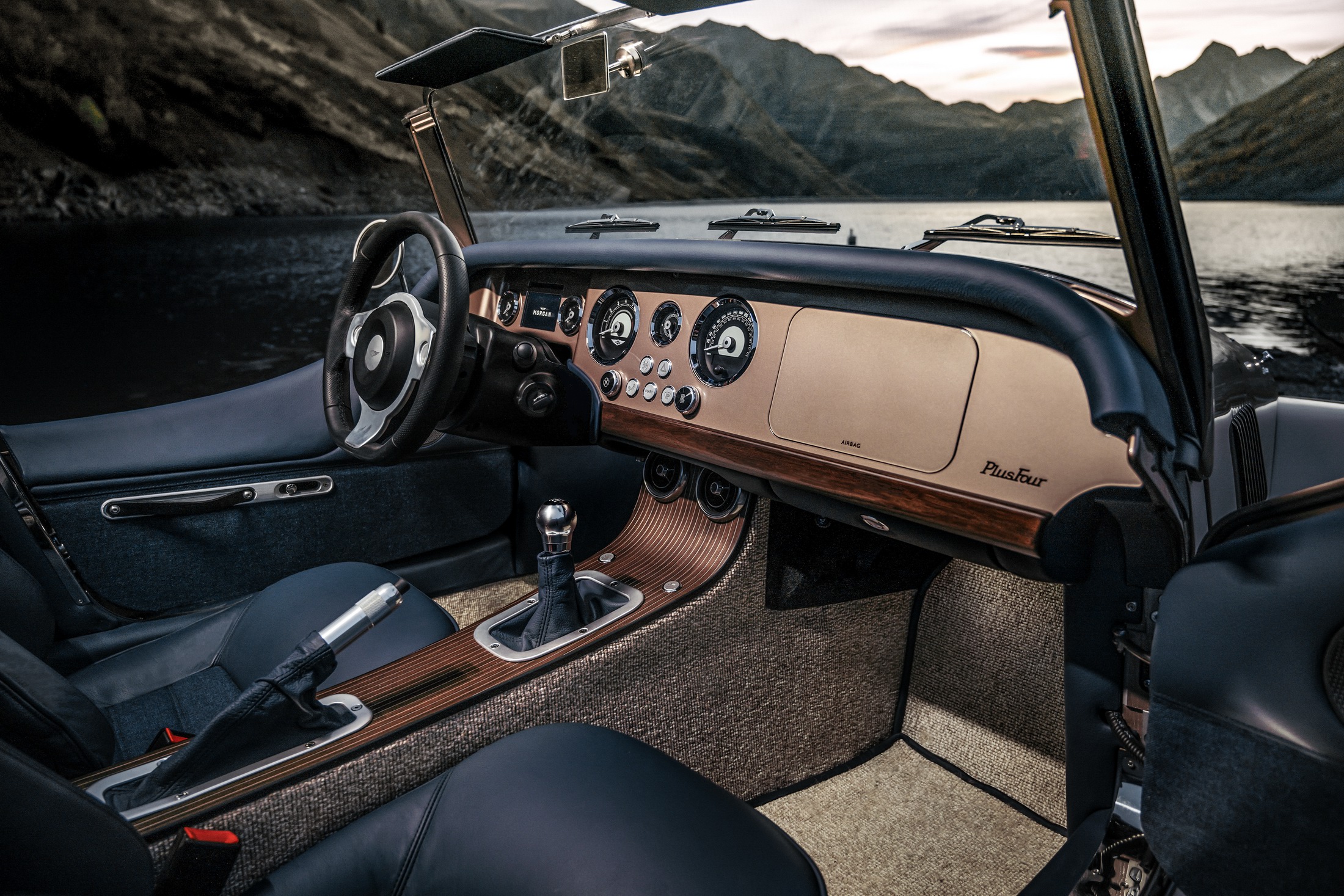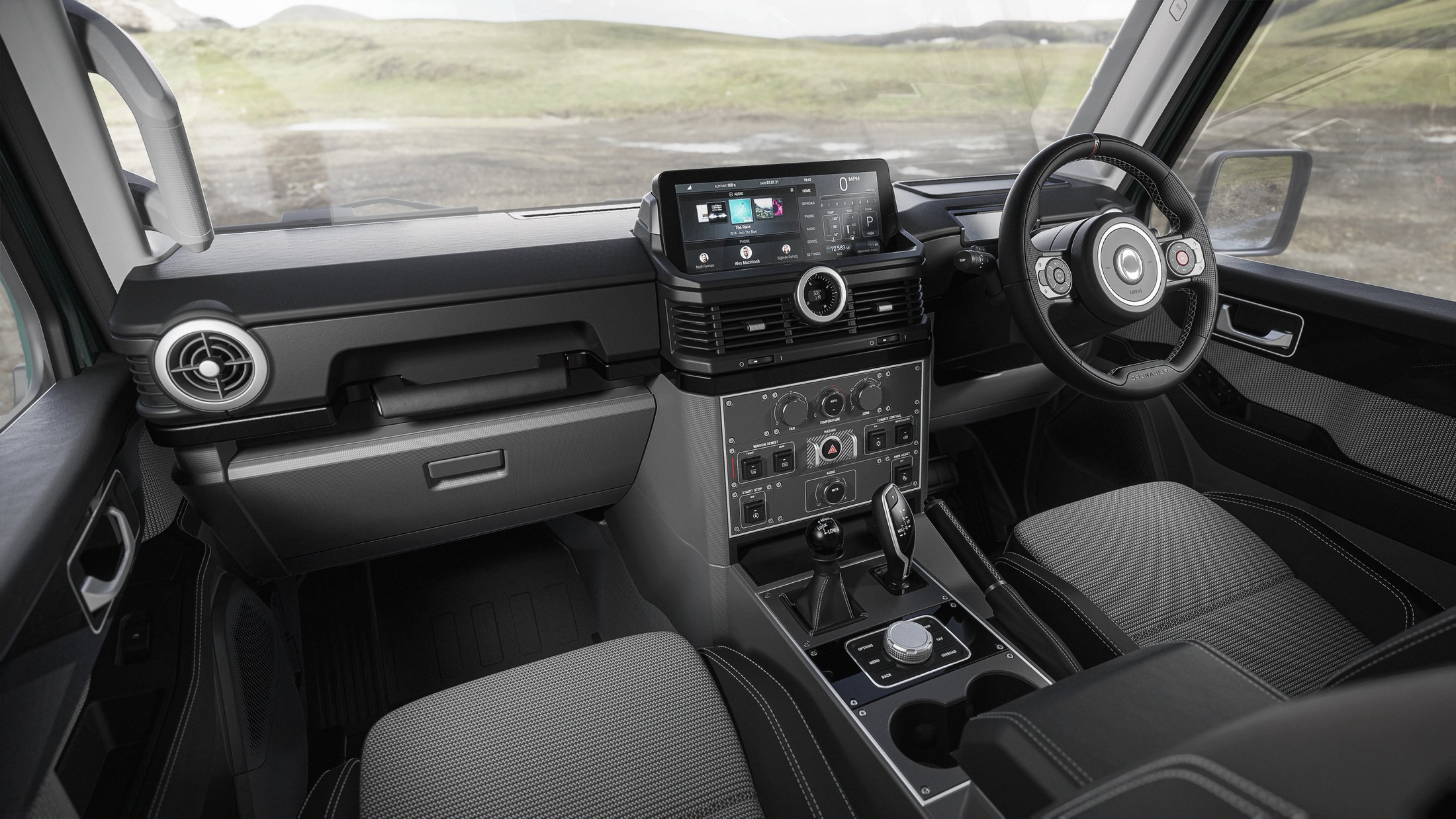It’s no surprise that the rise of quick-shifting automatic transmissions has led to an overall decline in traditional manual transmission offerings in the auto industry. In recent years, this has led to the creation of the saying “save the manuals” in hopes that automakers will hold out for us enthusiasts. However, a new study conducted by CarGurus might have you saying that expression in relation to a different manual car feature: the handbrake.
According to the study, only 13 percent of new vehicles in the UK are offered with a traditional manual handbrake (or emergency brake, depending on what you call it), which means that nearly 9 out of every 10 cars sold there are not equipped with the once-ubiquitous feature.
See Also: SAIC Volkswagen To End Manual Gearbox Car Production In China By March 2023
This is thanks in part to companies like BMW and Peugeot, who have dropped the manual handbrake from their entire lineup, at least in the UK. Some of the last remaining vehicles to make the shift include the former’s X1 SUV and M4 convertible, which have been fitted with an electronic parking brake, as well as the latter’s 108 city car, which was straight up discontinued. Meanwhile, other brands like Audi offer manual handbrakes on a mere 1 percent of their UK lineup.
All of this has led to a 4 percent decrease in manual handbrakes since last year, with that 17 percent figure down from 20 percent in 2020, 30 percent in 2019, and 37 percent in 2018. That means in the last 5 years, we’ve seen the amount of manual handbrake offerings in the UK go down from just over a third of cars to barely more than an eighth.
Not all hope is lost, though. On the opposite end of the spectrum, Abarth remains the only manufacturer to offer manual handbrakes on every one of their vehicles. Additionally, cars like the new Ford Mustang are not only offering, but actually embracing the traditional handbrake. The “drift brake”, as they’re calling it, is technically electronic in the sense that it uses electric motors to inhibit the rear wheels’ motion, but it’s operated manually and on demand by the driver like a traditional handbrake would be.
On top of that, even though this data might be somewhat indicative of an industry-wide trend towards electronic barking brakes, the figures obtained from the study only pertain to the UK, so there could be other countries out there with a higher percentage of manual handbrakes.










